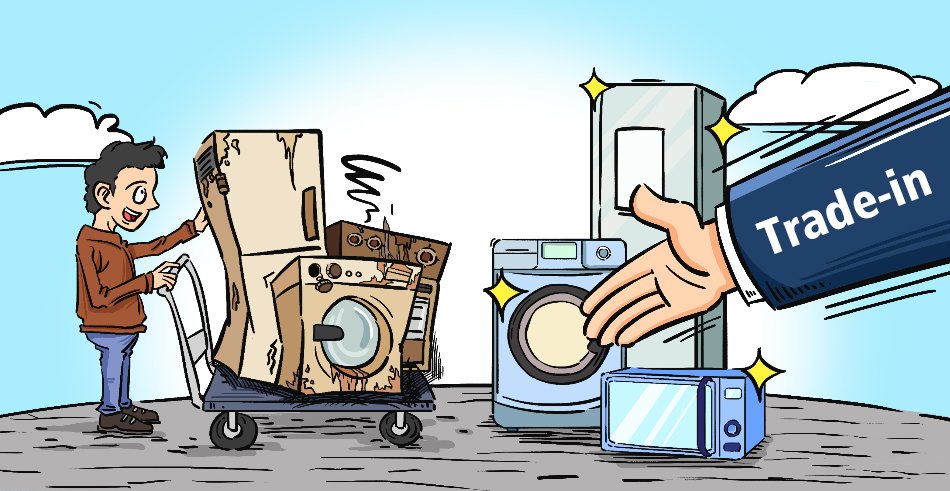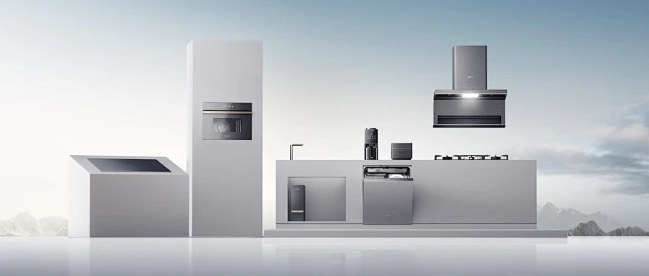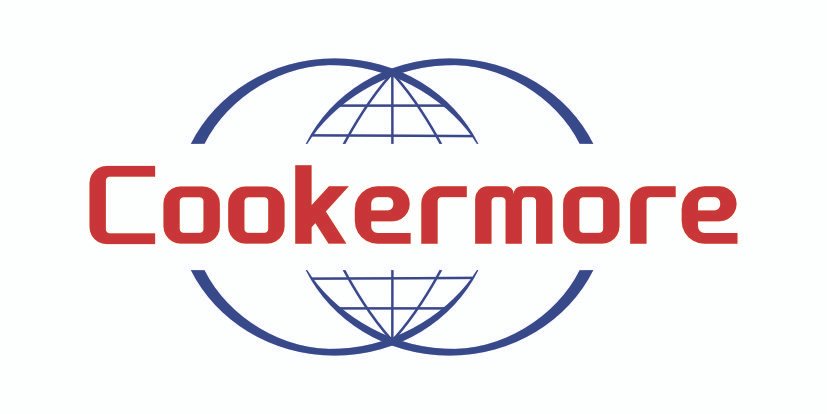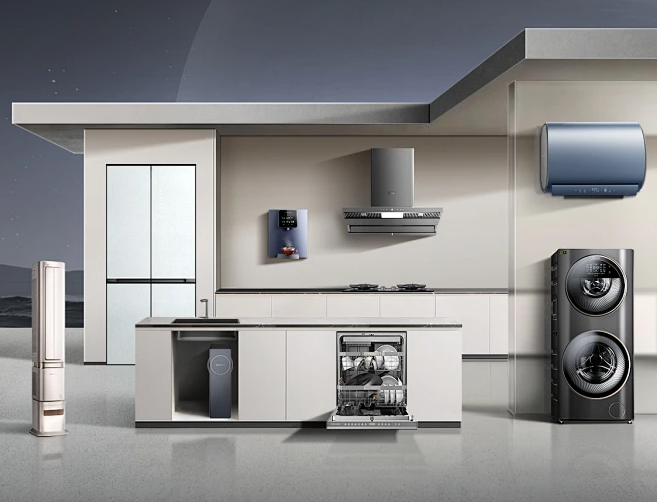In the lifecycle and marketing strategies of home appliances, the “warranty period” and “trade-in programs” are highly significant topics. These topics play a key role in protecting consumer rights and stimulating market consumption. However, due to some manufacturers’ promotional methods, these strategies have sparked widespread controversy and their promotional approaches have been questioned.

Educating Consumers on Home Appliance Warranty Periods
Consumers need to understand that, unlike consumables, durable goods like home appliances have a clear performance decline period. Appliances that exceed their warranty period may experience reduced component efficiency, increased energy consumption, and even potential risks like electrical leaks or fires. For example, a washing machine that has been in use for over ten years may see a significant decrease in motor efficiency, increased power consumption, and aging internal wiring, posing potential safety risks. These are all part of the natural aging process of home appliances, requiring continuous consumer education.
However, when manufacturers combine the concept of the warranty period with trade-in sales activities, problems arise. For instance, some companies may emphasize in their advertisements that appliances must be replaced immediately once they are out of warranty, even if they are still functioning properly. This is an aggressive marketing strategy that can be misleading. Such practices often intertwine professional educational efforts with commercial promotions, leading to consumer distrust and resistance.
Cultural Considerations and Consumer Habits
Many consumers adhere to a frugal mindset, preferring to use appliances until they are no longer functional. For example, in some rural areas, old appliances will continue to be used with repairs until they are completely beyond repair. While updating old appliances is beneficial for safety and energy efficiency, changing this consumption habit takes time and should be based on an objective evaluation of product performance.
For instance, an elderly person may have been using a refrigerator for 20 years, which, although having higher energy consumption, is still operating normally. When suggesting a new refrigerator, it is important to provide detailed data comparisons and explanations, highlighting the advantages of the new refrigerator in terms of energy efficiency and safety, rather than simply exaggerating the risks of the old one.
Trade-in Promotions as a Marketing Strategy
Trade-in programs are essentially a marketing strategy designed to encourage consumers to upgrade their old appliances to improve their quality of life. For example, an online retailer may launch a trade-in campaign where consumers can enjoy a discount on a new TV by returning their old one. This type of promotion can indeed stimulate consumption and increase sales in the short term.
Although incentives can support the implementation of these programs, consumer participation should always remain voluntary, free from coercion or misleading marketing tactics. Trade-in promotions should be transparent and fair, clearly explaining the benefits and policies available to consumers, thus avoiding any feeling of compulsion to replace their appliances.
Recommendations for Home Appliance Manufacturers and Marketers
When promoting appliance warranty periods, companies should focus on professionalism and scientific accuracy, avoiding exaggerating the risks of old appliances to drive new product sales. For instance, marketing materials can use real cases and data to demonstrate the differences in energy efficiency and safety between old and new appliances, rather than scaring consumers.
Furthermore, for the sustainable development of the appliance market, the promotion of trade-in programs should emphasize transparency and consumer education, avoiding aggressive sales tactics that infringe on consumer autonomy. For example, promotional pages can detail the environmental benefits of trade-in programs, specific data on energy savings and emissions reductions, and the technical advantages of new products, helping consumers make informed purchasing decisions.

The sustainable development of the home appliance industry requires cooperation among manufacturers, consumers, and the government. Manufacturers should market responsibly, providing truthful and reliable information; consumers should be educated and encouraged to make reasonable consumption choices; and the government should develop supportive policies. Only through responsible marketing practices and dedicated consumer education can the home appliance industry ensure its long-term health and growth.







